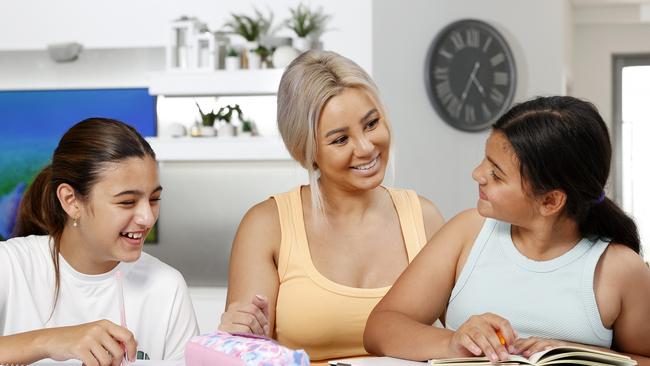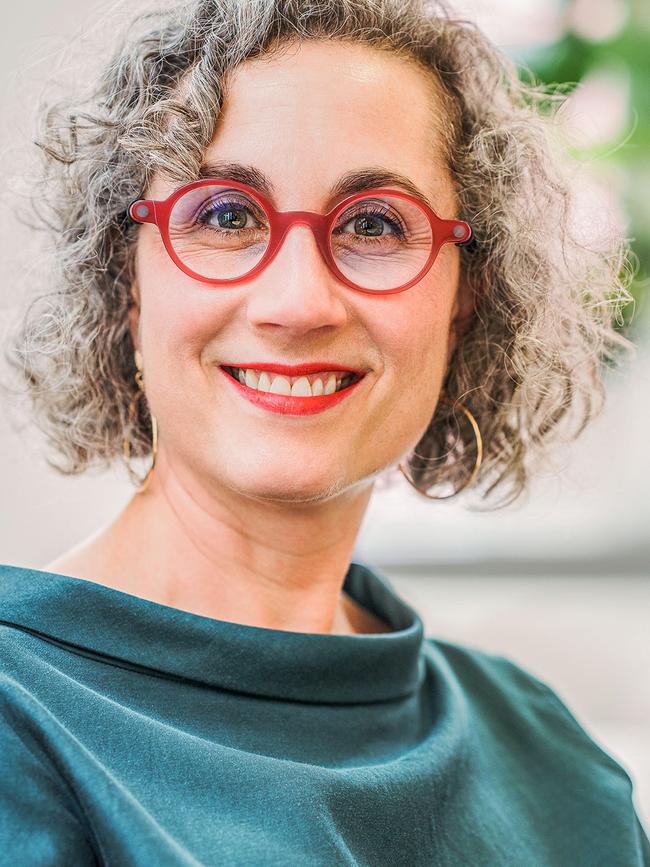Why parents are paying up to $200/hour for NAPLAN tutoring
Sydney parents can hand over hundreds for NAPLAN tutoring, but maybe it’s the adults who need to “do their homework”, educator warns.

Education
Don't miss out on the headlines from Education. Followed categories will be added to My News.
Parents can fork out as much as $200 an hour for NAPLAN tutoring but an experienced educator is advising them to “do their homework” before signing up.
With NAPLAN tests brought forward this year to March 15, online ads are popping up for one-on-one and group hourly training sessions, as well as intensive two-day courses for almost $500.
Mohan Dhall, chief executive of the Australian Tutoring Association (ATA), said traditionally there was a spike in uptake in tutoring a few months out from standardised tests like NAPLAN and the HSC, as well as for tests for selective high schools and opportunity classes.
He said tutoring was now a billion-dollar business in this country but he urged parents to ask the right questions to ensure they made some return on their investment.
“Parents pay a lot of money and their kids don’t necessarily improve at all,” said Mr Dhall, who’s also a teacher trainer at the University of Technology Sydney.
“They need to ask what curriculum is being followed, how often they will get a report on how their child is progressing and what their refund policy is.
“Importantly they need to ask how their tutors are trained to identify the learning needs of students and what they do to then remediate those identified issues.”
One in seven Australian kids are now tutored, though that rises to one in four in Sydney and can be as high as one in two in the more affluent suburbs.
“In some selective schools, over 90 per cent of all students are tutored,” Mr Dhall said.
“The average price is around $50 an hour for a qualified teacher-trained tutor, though it can dip as low as $10 for an unqualified tutor and be as high as $180 to $200 an hour in some wealthy city suburbs.”
Dr Majeda Awawdeh, founder of Global Education Academy, said there has been a massive increase in demand for tutoring since the pandemic.

“Home schooling gave parents a window to their children’s potential and ability,” she said.
“Many parents realised their child had higher potential and so they enrolled them in tutoring to give them that enrichment. Others had been told their child was sound but discovered they couldn’t read properly and so wanted to fill the gaps through remedial tutoring.”
Dr Awawdeh said while it was important to equip students with the basic skills needed for NAPLAN, year-round, intensive tutoring in the weeks prior could be beneficial.
“It’s not just about the test itself, the test can often be a trigger for parents to say: ‘My child is struggling in English or mathematics’,” she said. “We do hold intensive holiday courses in NAPLAN for those students who need a boost and confidence in how to perform under exam conditions.”
Cluey Learning has experienced a more than 130 per cent jump in NAPLAN inquiries this January and February.
“We do offer student-specific NAPLAN support in short bursts, however most parents are more interested in a longer term consolidated approach so that any gaps in skills are identified early and do not become a chasm as students progress through school,” chief learning officer Dr Selina Samuels said.
For southwest Sydney mother Melissa Goldsworthy, the investment in tutoring for her two daughters Chloe, 12 and Mia, 11, has been worthwhile.
“Chloe started in Year 5 because she needed a bit of extra help with maths and now she’s getting better grades and feeling more confident as she prepares for her Year 7 NAPLAN tests,” she said.
“So when I noticed her sister was falling a little bit behind in maths and English, and getting distracted in the classroom, I knew she’d really benefit from tutoring too.”
Professor Jim Tognolini, director of the Centre for Educational Measurement and Assessment at Sydney University, helped develop NAPLAN and said it was never designed to be a complete measure of a student.
However, he acknowledged it was often misused as part of the admission process for private, selective and overseas schools, as well as out-of-area applications and gifted classes.
“A single test score doesn’t capture the student … NAPLAN was never intended as a high stakes test and it can put kids unnecessarily under pressure,” he said.
“Let’s use the score as it was originally intended, to give us a rough idea of how we’re going as a system, and to give parents and teachers an indicator about their child’s strengths and weaknesses.”
ACARA, which oversees the national assessment of students in Years 3, 5, 7 and 9, does not recommend excessive preparation for NAPLAN or the use of services by coaching providers.
Education Minister Sarah Mitchell added that it was just one tool designed to measure students’ development in literacy and numeracy skills.
“It is important to keep NAPLAN in context – it is not a pass or fail test and children should treat NAPLAN days as any other school day. Students should not be studying for the test, they should be focusing on curriculum content and doing their best on the day so that we can get a true indication of how they are performing,” she said.





